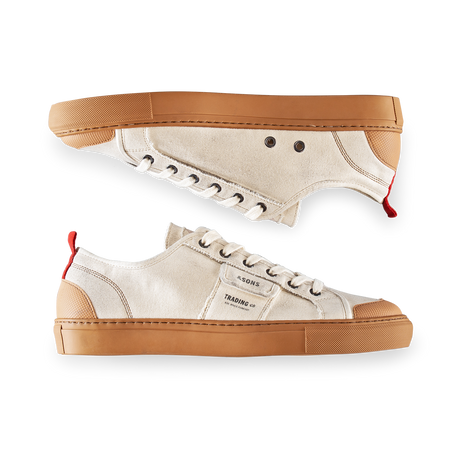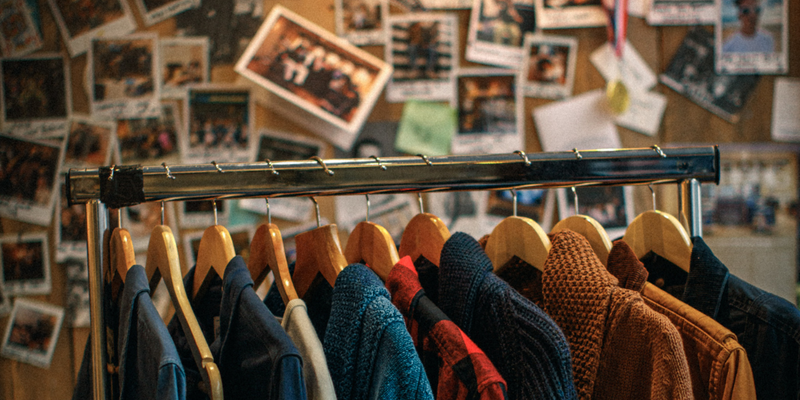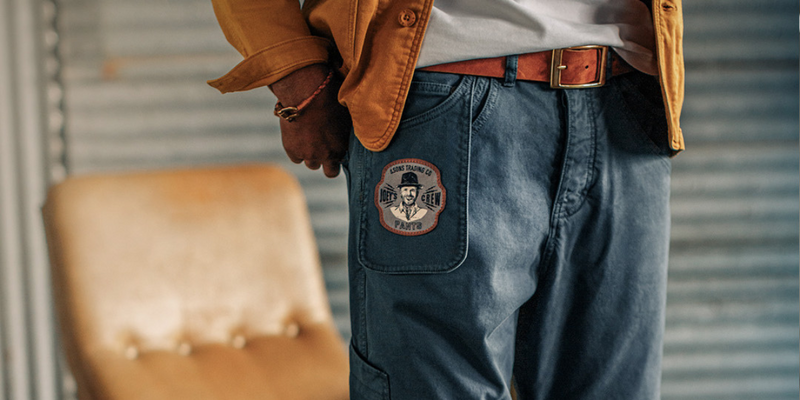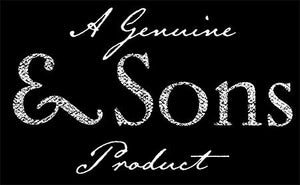We have built Kiri from the outset as a social enterprise. We are members of 'One Percent For The Planet'. We have always given a percentage of our profits, right from the outset, to worthy, ocean-related charities - both marine conservation and ocean regeneration organisations. We're also currently working towards our B-Corp certification.
From the outset, we have never wanted to just shape a few boards and flog them. It's always been about how we can create boards with the least impact on the planet.
Using wood is one of the most sustainable ways that you can shape surfboards. We shape our boards from Paulownia wood, which has incredible characteristics. It's very much like balsa wood, in that it is very light and strong. In fact, it's known as the ‘aluminium of timber,’ because of its light, strong properties. Unlike balsa, however, which sucks up lots of seawater, paulownia is very non-porous. Most timbers used in the construction of surfboards need to be finished by being sealed in polyurethane or epoxy - highly toxic, poisonous resins. Unlike those timbers, because of its low porosity, paulownia only needs to be oiled. We oil our boards in UK-grown hemp oil, which makes Kiri boards some of the most sustainable surfboards on the planet.
I firmly believe that if you're going to produce anything you should do it the right way. It's actually a very easy choice - once you decide you're going to do things the right way - the sustainable way, which has the least impact on the planet - then your core values become very easy to maintain.
Fundamentally, Kiri is an expression of my personal passion for the ocean environment - that we should really take care of it for our own benefit, as well as for the benefit of the entire planet and for future generations.



























